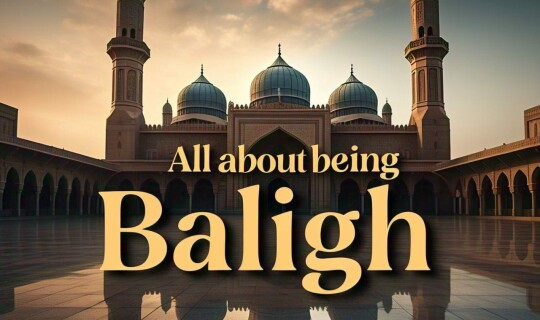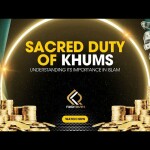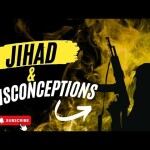Nahy anil Munkar (forbidding what is wrong) Upholding Moral Integrity
Introduction
Nahy anil Munkar, often paired with its counterpart Amr bil Ma’ruf, forms a fundamental Islamic concept advocating for social responsibility and moral rectitude. This phrase translates to "forbidding what is wrong" and is rooted deeply in the Quran and Hadith, serving as a guide for Muslims worldwide on how to live harmoniously in society by actively promoting good and discouraging evil.
The Theological Foundation
The basis for Nahy anil Munkar is found in numerous verses of the Quran, where Allah commands the believers not only to do good but also to prevent wrongdoing in society. Some verses about this great principle are as follows:
- Surah Al-Imran, Verse-104 (3:104):
"Let there arise from you a nation inviting to all that is good, enjoining what is right and forbidding what is wrong."
- Surah An-Nahl, Verse-90 (16:90):
"Indeed, Allah commands justice, doing good, and giving to relatives and forbids immorality, bad conduct, and oppression. He admonishes you that perhaps you will be reminded."
- Surah Luqman, Verse-17 (31:17):
"O my son, establish prayer, enjoin what is right, forbid what is wrong, and be patient over what befalls you. Indeed, [all] that is of the matters [requiring] determination."
These verses collectively underscore the communal and individual responsibility of Muslims to uphold moral standards by actively engaging in promoting good and discouraging evil, central to maintaining the spiritual and social fabric of their communities.
There are numerous Hadiths emphasize the collective duty of Muslims to foster an environment where ethical norms are respected and maintained. Some of the most authentic hadiths are as follows:
- The holy Prophet (SAWAS) said:
"Whoever among you sees an evil action, let him change it with his hand; if he cannot, then with his tongue; and if he cannot, then with his heart and that is the weakest of faith." (Sahih Bukhari)
- Imam Ali (AS) has said:
"Whoever sees an oppressor and does not try to stop or discourage him from his oppression is destined to be afflicted by Allah."
- Imam Muhammad al-Baqir (AS) said:
"The greatest Jihad is to speak a word of truth before an oppressive ruler."
Implementation in Daily Life
Implementing Nahy anil Munkar involves several practical steps that are both individual and collective. On a personal level, it begins with self-regulation and extends to advising family and friends against wrongful actions. Socially, it involves community efforts to uphold justice and morality through education, counselling, and in some cases, legal intervention. Importantly, the manner of implementation must be infused with wisdom and compassion to ensure it is received positively and does not lead to harm or division.
The Role of Context and Wisdom
Scholars emphasize that understanding the context is crucial when applying Nahy anil Munkar. The method of forbidding wrong varies depending on the circumstances and the potential impact of the action. The Hadith of the Prophet Muhammad provides guidance on this: "Whoever among you sees an evil action, let him change it with his hand [by taking action]; if he cannot, then with his tongue [by speaking out]; and if he cannot, then with his heart – and that is the weakest of faith." This gradation not only underscores the importance of intent but also the practical limitations that one might encounter.
Challenges and Modern Implications
In the contemporary world, Nahy anil Munkar faces both challenges and new opportunities. The global nature of today's societies, along with the prevalence of digital communication, complicates the dynamics of enforcing this principle. While the digital age allows for the widespread promotion of good and prevention of wrong, it also presents risks such as misinformation and the potential for conflict escalation. Balancing these factors is crucial in effectively applying Nahy anil Munkar today.
In net shell, Nahy anil Munkar is more than a religious obligation; it is a call to action for maintaining societal balance and moral order. Its implementation, guided by wisdom and context, aims not only at correcting wrongdoing but fostering an atmosphere where virtue thrives. As societies evolve, the timeless principles of Nahy anil Munkar remind us of the enduring need for ethics and integrity in every aspect of human interaction. This concept, deeply embedded in Islamic tradition, offers profound insights into how communities can work towards a more just and moral world.
To learn more about Pure Islam, visit: https://findtruth.co.uk/










